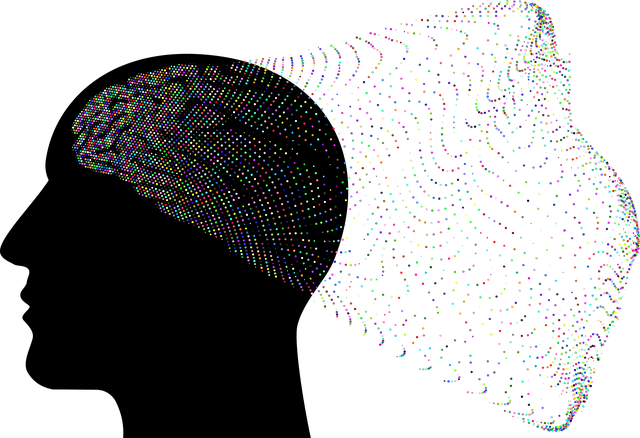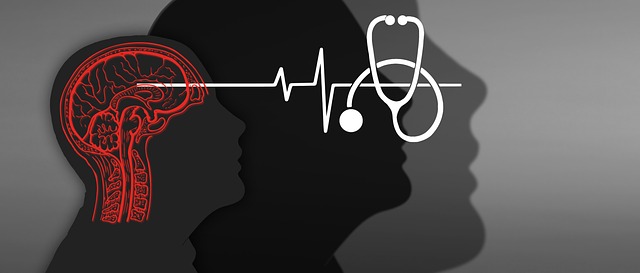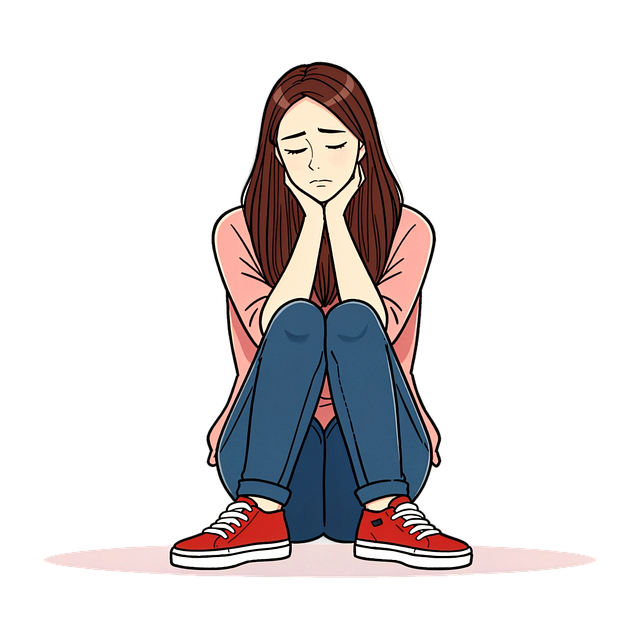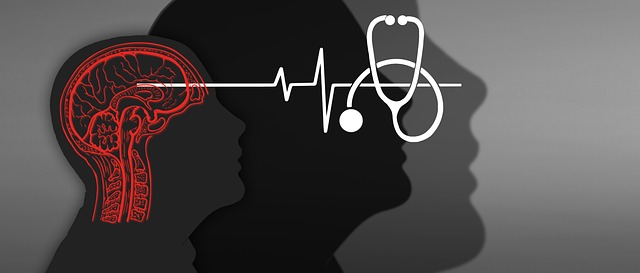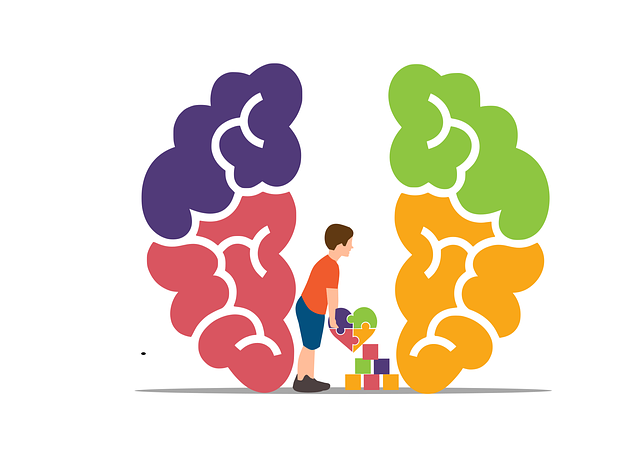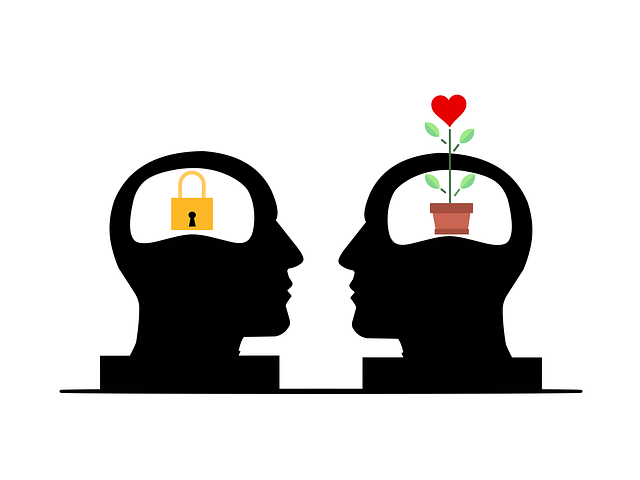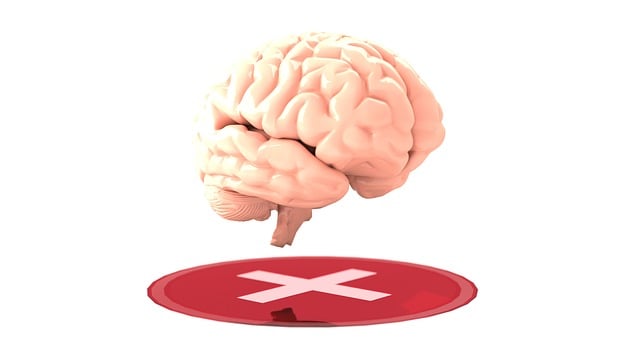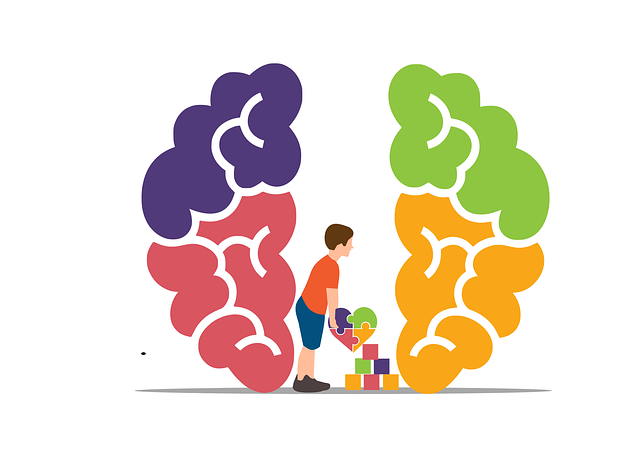Mental wellness groups focused on Littleton Functional Neurological Disorder (LFNDT) offer a supportive environment for individuals facing mental health challenges. Skilled facilitators use strategies from Mental Health Education Programs Design to promote community, hope, and resilience. Active participation through techniques like active listening and open-ended questions creates safe spaces for self-reflection and personal growth. Incorporating LFNDT-specific exercises, crisis intervention guidance, and healthcare provider cultural competency training ensures effective risk management for both participants and facilitators. This collaborative approach enhances mental wellness and equips individuals with tools to navigate life's challenges effectively.
Mental wellness groups offer a powerful support system, fostering resilience and recovery through shared experiences. This article explores effective facilitation techniques to engage participants and navigate group dynamics, focusing on creating safe spaces. We delve into strategies for leadership, ensuring every member feels heard. Additionally, we discuss the unique benefits of incorporating Littleton Functional Neurological Disorder Therapy within these groups, offering a comprehensive approach to mental health care.
- Understanding Mental Wellness Groups: Benefits and Dynamics
- Facilitation Techniques for Engaging Participants
- Building a Safe and Supportive Environment
- Strategies for Group Leadership and Navigation
- Incorporating Littleton Functional Neurological Disorder Therapy in Group Settings
Understanding Mental Wellness Groups: Benefits and Dynamics

Mental wellness groups offer a unique and beneficial environment for individuals to connect, share experiences, and gain support from peers facing similar challenges. These groups play a pivotal role in fostering community and understanding among people struggling with various mental health issues, including conditions like Littleton Functional Neurological Disorder (LFNDT). By facilitating open discussions, members can learn they are not alone in their struggles, promoting hope and resilience.
Group facilitation techniques are crucial for creating a safe and inclusive space where participants feel empowered to share their stories. Skilled facilitators employ strategies from Mental Health Education Programs Design to navigate complex dynamics, ensuring every member’s voice is heard. This supportive atmosphere encourages personal growth, enhances coping skills, and facilitates the exchange of valuable insights. Moreover, these groups can serve as an effective Risk Management Planning tool for mental health professionals by mitigating burnout prevention risks associated with individual therapy sessions.
Facilitation Techniques for Engaging Participants

Engaging participants is key to successful group facilitation, especially when addressing sensitive topics like mental wellness. Techniques such as active listening and open-ended questions encourage active participation, fostering a safe space for individuals to share their experiences. Facilitators should aim to create an environment where everyone feels heard and respected, promoting self-reflection and personal growth.
For instance, using experiential exercises related to functional neurological disorder therapy (Litleton) can make complex concepts more relatable. These activities not only engage participants but also provide practical tools for managing symptoms. Additionally, incorporating crisis intervention guidance into the session equips members with immediate coping strategies, enhancing their overall mental health toolkit. Healthcare provider cultural competency training is also integral, ensuring facilitators understand and appreciate the diverse backgrounds of group members.
Building a Safe and Supportive Environment

Creating a safe and supportive environment is paramount when facilitating mental wellness groups, especially for those dealing with conditions like Littleton Functional Neurological Disorder (LFNDT). This involves establishing guidelines that encourage open dialogue while ensuring confidentiality, fostering trust among members. Facilitators should model active listening, empathy, and non-judgmental attitudes to make participants feel heard and understood.
In the context of mental health awareness, facilitating a welcoming atmosphere can significantly impact the success of group therapy sessions. Incorporating techniques from Mental Wellness Podcast Series Production, such as structured yet flexible agendas, allows for a safe space where individuals can share their experiences, learn from one another, and explore effective stress reduction methods. This collaborative approach not only enhances mental wellness but also empowers participants with tools to navigate life’s challenges more effectively.
Strategies for Group Leadership and Navigation

Effective group facilitation requires strategic leadership to create a safe and supportive environment for members. Facilitators play a crucial role in guiding discussions, ensuring every participant feels heard and respected. One key technique involves active listening, where leaders demonstrate empathy by paraphrasing and validating individuals’ experiences, fostering a sense of belonging and trust within the group. This approach is particularly beneficial for those navigating conditions like Littleton Functional Neurological Disorder Therapy, as it encourages open communication and builds resilience.
Additionally, facilitators can enhance group dynamics through structured activities tailored to address specific needs. Incorporating empathy-building strategies can help members develop a deeper understanding of one another’s struggles, promoting compassion and solidarity. By balancing structure with flexibility, facilitators navigate the group through various topics, ensuring relevant discussions that cater to both general mental wellness and targeted issues like trauma support services or depression prevention.
Incorporating Littleton Functional Neurological Disorder Therapy in Group Settings

Incorporating Littleton Functional Neurological Disorder (LFNDT) therapy in group settings offers a unique and beneficial approach to mental wellness facilitation. This evidence-based practice is designed to improve symptoms associated with various neurological conditions, including anxiety, depression, and trauma, by focusing on brain function and plasticity. In a group environment, LFNDT can foster a supportive community where individuals learn coping strategies, enhance self-awareness, and build resilience.
Group sessions allow for peer support, shared experiences, and collective learning, all of which contribute to better mental health outcomes. By integrating LFNDT techniques into the design of mental health education programs, facilitators can promote self-esteem improvement and resilience building among participants. This holistic approach not only addresses the symptoms but also empowers individuals with the tools to navigate challenges and lead more fulfilling lives.
Mental wellness group facilitation is an art that empowers individuals through community. By leveraging techniques like those discussed, including the integration of Littleton Functional Neurological Disorder Therapy, facilitators can create engaging and supportive environments. Understanding the benefits and dynamics of these groups, along with effective leadership strategies, allows for profound positive changes in participants’ mental health journeys. This holistic approach ensures that each individual feels heard, valued, and equipped to navigate their unique challenges.
